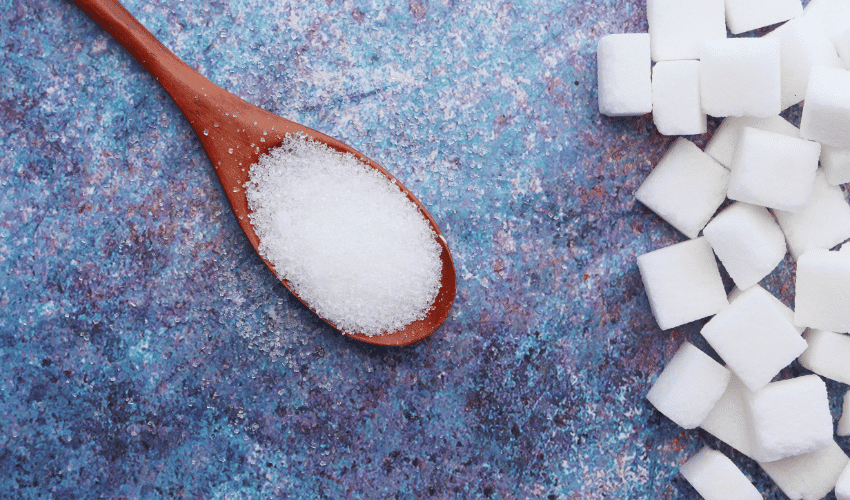Joint pain is a common condition that affects millions of people worldwide. It can be caused by a variety of factors, including injury, inflammation, and arthritis. Joint pain can range from mild to severe, and it can be a significant hindrance to daily activities.
There are many different types of joint pain, but some of the most common include osteoarthritis, rheumatoid arthritis, gout, and lupus. Osteoarthritis is a degenerative joint disease that typically affects older adults, while rheumatoid arthritis is an autoimmune disorder that can affect people of all ages. Gout is caused by a buildup of uric acid crystals in the joints, while lupus is a chronic autoimmune disease that can affect various parts of the body, including the joints.
Symptoms of joint pain can include stiffness, swelling, tenderness, and reduced range of motion. Joint pain can also be accompanied by other symptoms such as fever, fatigue, and weight loss, depending on the underlying cause.
Treatment for joint pain varies depending on the cause and severity of the condition. Over-the-counter pain medications such as acetaminophen and ibuprofen can help to reduce pain and inflammation, while prescription medications may be necessary for more severe cases. In some cases, lifestyle changes such as weight loss, exercise, and a healthy diet can also help to reduce joint pain.
You’re about to discover the 10 foods that cause joint pain and might be worsening your condition. By understanding how these foods affect your joints, you can make healthier choices and reduce inflammation. So, let’s dive into the list and learn more about these troublesome foods.
1. Sugar – The Sweet Enemy of Your Joints

Sugar’s impact on joint pain is undeniable. It has been found to contribute to inflammation, which is a significant factor in joint pain and discomfort.
When you consume sugar, your body releases inflammatory messengers called cytokines. These cytokines can cause inflammation in various parts of the body, including the joints. This inflammation can lead to joint pain, stiffness, and even damage to the joint itself.
Additionally, sugar is known to contribute to weight gain. When you carry extra weight, it puts more pressure on your joints, especially the knees, hips, and lower back. This added pressure can lead to increased pain and discomfort.
To reduce joint pain caused by sugar, try to limit your intake of added sugars, such as those found in candy, cookies, and soda. Focus on consuming natural sugars from fruits and vegetables instead. (1)